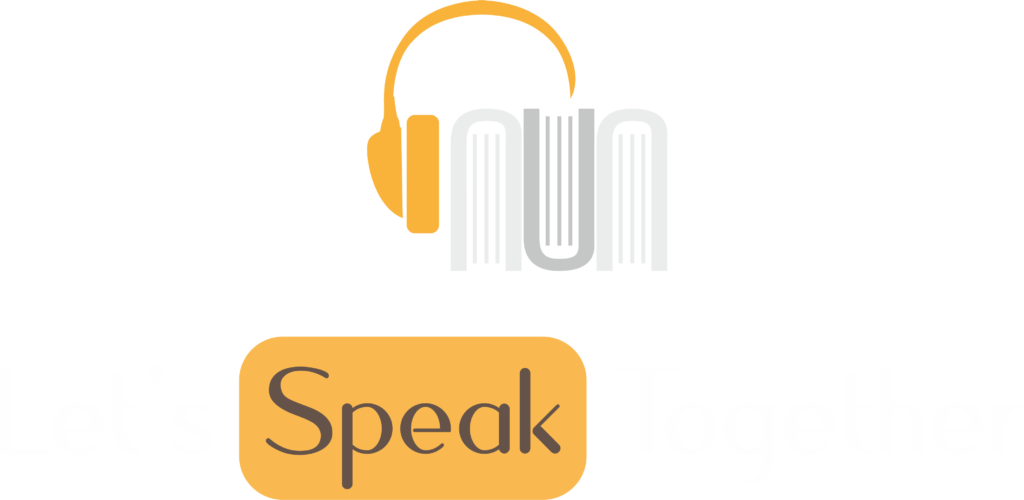What does it mean to be bilingual? If you can speak two languages fluently, you can call yourself bilingual. In this age of global connectivity, many people are even multilingual and have learned many languages.
Why then does the debate over what bilingualism means continue?
Next, we will address the issue of native speakers, language proficiency, and even “metaphor.”
What is the definition of bilingual?
To begin, let us single out the word itself: the prefix “bi” means two, followed by the word “lingual”. Therefore bilingual is someone who can speak two languages. However, a look at the dictionary definition reveals a subtle addition:
Bilingual: Speaking two languages fluently.
So the difference is in ease, how fluently do you have to speak languages in order to be considered bilingual?
How do you become bilingual?
When you are a native speaker, you can of course claim to speak your mother language fluently. But it is a common misconception that in order to be truly bilingual, you must have acquired your second language (or more) from an early age. Language studies show that it is certainly easier to do, but you can become bilingual later in life, adolescence, and adulthood.
How can you learn a second language at Let’s Speak Together as an adult?
- Choose the language you want to learn and just fill out the form for a free lesson.
- Choose the date and time that suits you.
the Professor contacts you and you choose the day and time for a free lesson. - Log in and start the lesson.
via skype or some other program that serves you for free
Some factors can contribute to becoming bilingual, such as immigration, but also growing up in a multicultural household or neighbourhood or with a bilingual caregiver. But you can also get a second language through school or study on your own.
We see bilingualism all over the world, at all ages and at all levels of society. The United States, for example, has about 50 million bilinguals. Being multilingual even in childhood is common in parts of India, and in many European countries, children learn at least one foreign language at school.

Is bilingualism a question of adequacy?


There is a belief that true bilingualism means that you must have learned both languages equally to call yourself bilingual. The ideal bilingual, you could argue with this, also has a deep understanding of history, culture, society, pronunciation and usage in order to understand and speak a language like their mother tongue.
The requirement of equal or total competence is at odds with how we usually perceive bilinguals. Emeritus Professor François Grosjean in his work on bilingualism states that bilinguals know the two languages at the level they need to know. It is common for one language to dominate, and teaching, the ability to read and write in both languages, need not be presented.
Bilingual use of language as translation
Translingualism occurs when bilinguals combine their languages in new and creative ways to express themselves. It is not a defect and does not mean that they failed to conquer either. In contrast, this kind of language proficiency is a sign of deep connection and level of commitment with both languages.
However, some terms may have a derogatory meaning in the sense of a simplified approach to combining and matching the use of language. This is not bad. Bilinguals are not lazy or stupid when mixing languages in this way. They borrow and change their repertoire back and forth to enhance their communication skills and freedom of expression, as required by the situation.
The benefits of being bilingual
It is also a myth that bilingual children need more time to learn a language or suffer from problems at school if they speak a different language at home. In contrast, bilingualism has academic, cognitive, socio-cultural, and even economic advantages. Being bilingual leads to improved neuro-connectivity, enhancing problem-solving and analysis skills, as well as language learning and communication.
Learning languages has real benefits for mental health
Multilingual people tend to show a strong sense of identity and the ability to identify with other cultures. Greater access to culture, learning materials and opportunities bring further increases in beneficial choices and opportunities.
If you are bilingual, increasing your proficiency in any language promotes your already complex language practices and expands your knowledge. But do not let anyone disappoint you because you call yourself bilingual and follow a weak standard of fluency!


